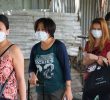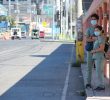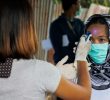DAVAO CITY – “Right now, it’s between afraid of dying from COVID or dying from hunger.”
This is how Victor, a 33-year old security guard in an establishment in downtown Claro M. Recto Street, describes how he feels working under the city’s general community quarantine (GCQ) in the Covid-19 pandemic.
Like many Davaoenos, work and survival hit the resume button once the city shifted to GCQ after nearly two months of being under the enhanced community quarantine because of the pandemic, which affected business and works for nearly 1 million people here.
Even as the country still reels from the rise of Covid-19 cases and Davao City has one of the highest number of cases outside of Metro Manila, many choose to put survival first by going back to work.
“Honestly, I am also worried,” Victor admitted, “you don’t know who among our customers is positive with the virus. That alone is scary to think knowing that we only have limited ways to fight it.”
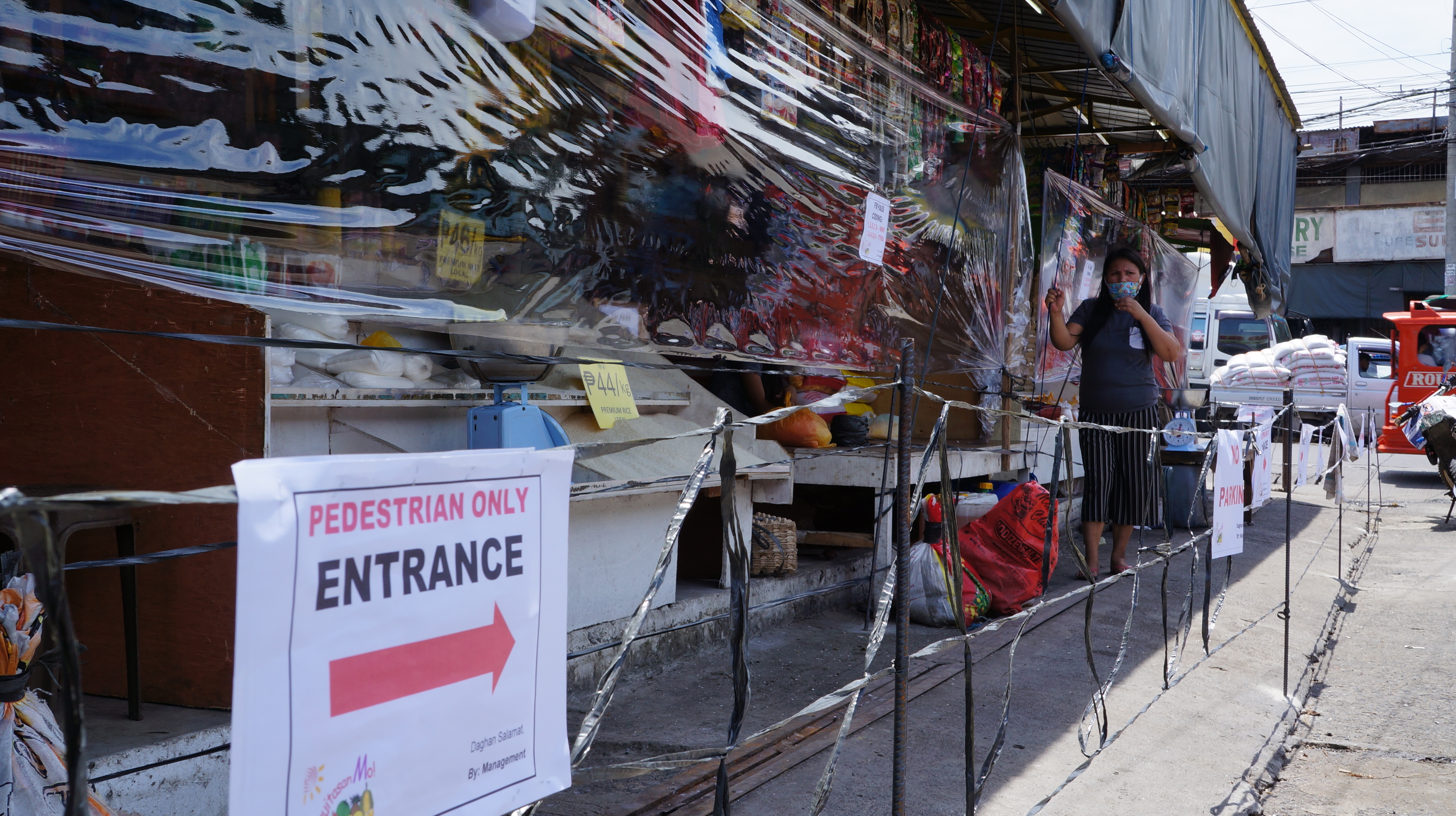
More establishments reopen in GCQ with measures to ensure safety. (Kath M. Cortez/davaotoday.com)
Survival over Safety
Many Davaoenos live in day to day existence as daily wage earners or vendors. The ECQ caught them off guard and unprepared and with little saving as everyone was told to stay home.
In the first few days of the GCQ that started on May 16, Davaoenos slowly rush back to work as establishments are allowed to resume business. But life is far from normal with the movement of people still restricted.
Bankerohan Public Market, which had some sections closed last April after a person in this area was infected, now seems to be business as usual.
Yani, a 45-year old vendor in Bankerohan, is back to selling fruits. Even as she wears a face mask and keeps a small bottle of alcohol she uses after every transaction, she still fears she might get infected for staying out in the open the whole day.
“This is the only way we can earn and make sure we can fight COVID while we also find time to make a living,” said Yani.
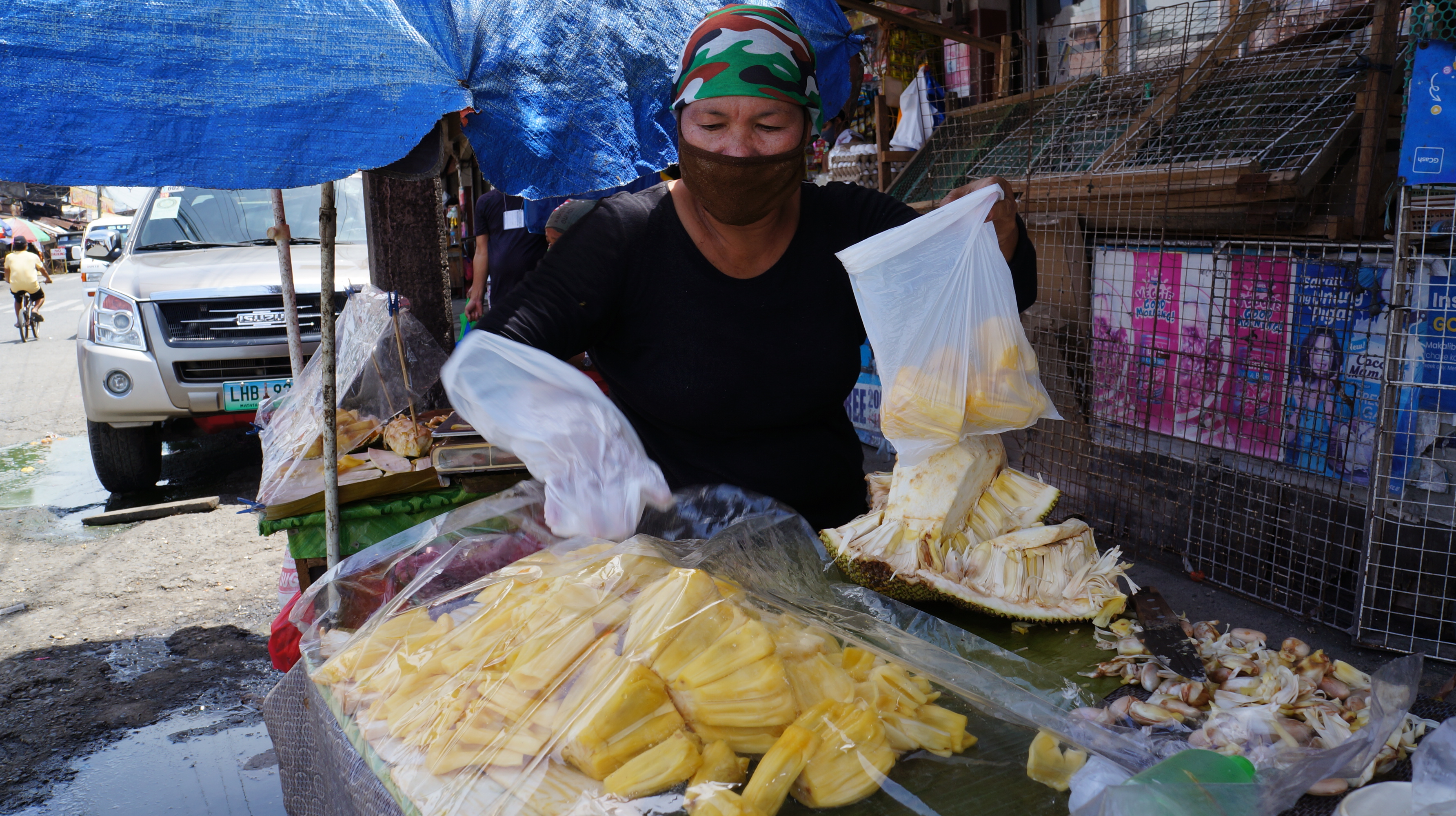
COVID-19 threat cannot stop Yani to go back to selling jackfruit in Bankerohan public market.(Kath M. Cortez/davaotoday.com)
Several vendors out in the street said they had to fend for their families, and admitted they only received two rounds of food rations from the city government during the near two-month ECQ, contrary to the city government’s claim they released rations five times.
The city’s social assistance to jeepney drivers was reportedly released only once in the ECQ, to a sum of P9,800, according to the Kilusang Mayo Uno.
KMU also noted only 1% of the government’s social amelioration was released to workers in Davao Region.
Limited knowledge
Many workers interviewed by Davao Today admitted they have limited knowledge about the virus and how to protect themselves.
This despite efforts from government and media to come out with information campaigns. The city owns a radio station that keeps the public abreast of updates and policies from the city government.
Davao City now has 308 cases of Covid-19 with 25 deaths, 164 recoveries, with no new cases as of June 5.(davaotoday.com)

